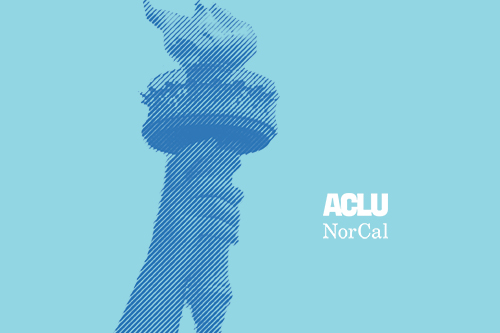Article Media
The ACLU released the following statement as a response to today's Washington Post article about Homeland Security Secretary Michael Chertoff defying Congressional extensions and attempting to implement WHTI now.
The ACLU released the following statement as a response to today's Washington Post article about Homeland Security Secretary Michael Chertoff defying Congressional extensions and attempting to implement WHTI now.
At the Consumer Electronics Show last week, top executives from media giants AT&T, NBC/Universal and Microsoft announced that ISPs may be ready to start filtering for copyrighted content at the network level.
A recent blog post discussed privacy concerns with the new Bay Area TransLink transit card.
The Dutch RFID transit pass produced by TransLink was recently cracked and cloned.
The Department of Homeland Security today issued its final regulations for the implementation of the Real ID Act, the plan to create a national identity card system, which Congress passed in May 2005 with little debate as an attachment to the tsunami and Iraq War appropriations bill.
Congressional leaders from throughout the nation released statements expressing their dissatisfaction with the Real ID regulations released today by the Department of Homeland Security.
Rep. Tom Allen (D-ME)
"We need to repeal REAL ID and replace it with a system that will work and does not pass the cost along to taxpayers."
Read statement here.
The Bay Area's transit systems are about to join other cities and get a single payment card. The TransLink card will let you pay for rides on BART, San Francisco Muni buses, and the Peninsula's Caltrain.
We've blogged about the shortcoming of some muni WiFi plans on several occasions. Many networks were built from the ground-up to invade consumer privacy and free speech for profit. Now several of these systems seem to have fallen flat.
EarthLink, once the champion of muni WiFi and a willing partner for many cities across the country, announced in November that it was pulling out of many proposed systems.
Can't imagine the library keeping track of the books you browse in the stacks and using that information to put advertising flyers in the books you check-out or "personalize" library services to you?
How about the library sharing your book browsing information with other organizations or handing it over to the government when asked?
Well, that is exactly what happens when you use most of the major Internet search engines to browse for information.

According to recent reports, Google Inc., the wildly successful Internet company based here in Northern California, is planning to offer online data storage to its users. Though the exact details of the plan are not yet known, Google is expected to launch the service sometime next year.